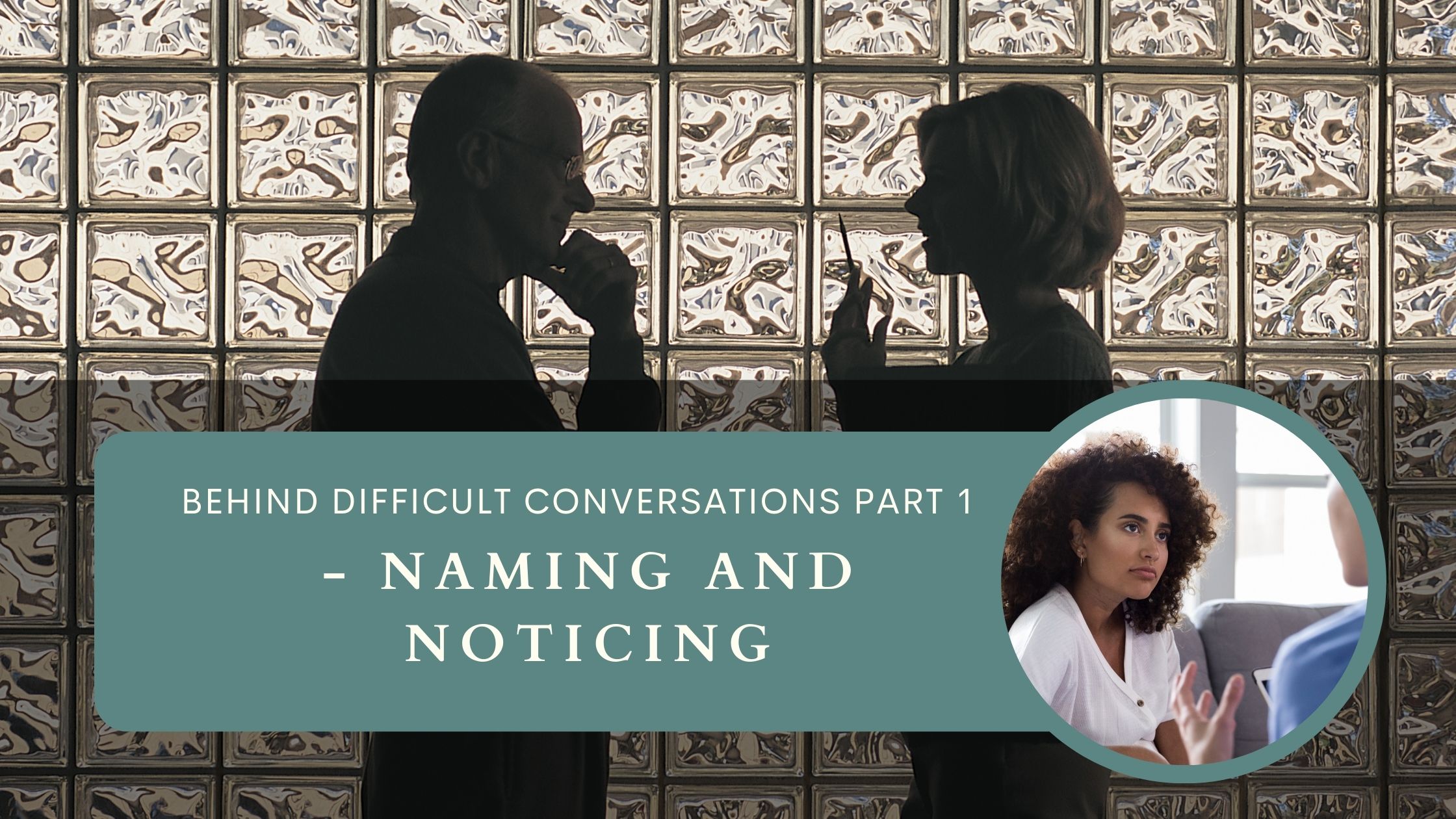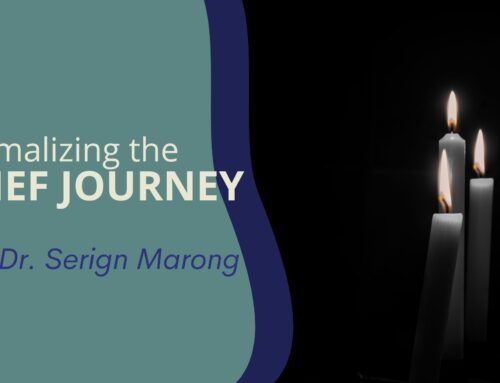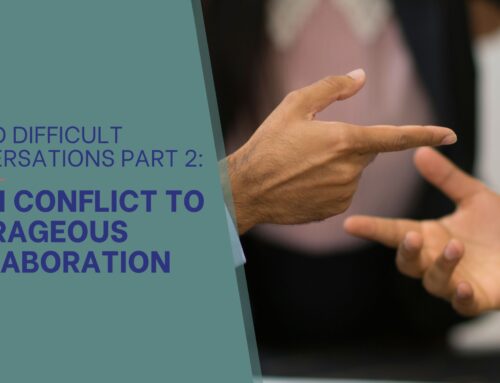
Let’s learn what’s behind difficult conversations! In this episode, I share the importance of ‘noticing and naming’ in navigating difficult conversations, particularly within the context of trauma-informed communication. We’ll explore the power of observing body language, tone, and facial expressions, naming what is directly observed rather than making assumptions, and how clarifying communication and being mindful of personal biases can help open up conversations and reduce tension.
Join me as we get to the root cause of difficult conversations and explore how noticing and naming can help you address underlying issues more effectively.
Key Takeaways: Behind Difficult Conversations
Why We React Differently to Conflict – Difficult conversations are an inevitable part of life. However, what one person finds challenging might seem effortless to another. This disparity stems from the unique models of the world each individual carries, shaped by upbringing, experiences, and personal resilience.
Bridging the Gap Through Observation – Humans are natural meaning-makers, constantly interpreting the world around them. While this ability helps us understand our environment, it can also lead to misunderstandings in communication. Misinterpreting a facial expression, a tone of voice, or body language can create unnecessary conflict or confusion.
Notice Before You Name – Conflicts often arise not from the facts of a situation, but from how we interpret them. By naming what we observe instead of what we interpret, we can build understanding and resolve conflicts. This approach shifts conversations from blame and defensiveness to mutual awareness and constructive dialogue.
The Importance of Observing, Not Interpreting – Body language and facial expressions often speak louder than words, but it’s important to separate what we observe from the emotions we assume. Conflicts can arise when we jump to conclusions based on someone’s appearance. By noticing body language without labeling it with emotions, we can communicate more clearly and avoid misunderstandings.
Helpful Resources: Behind Difficult Conversations
- How to Shift Conversations Without Blame – In moments of heated discussion, especially on sensitive topics, tension can escalate quickly. However, when we name what is happening and express what is helpful, conversations can be steered away from conflict and toward collaboration.
- Naming Without Accusation – Naming our experience is a skill that transforms how we engage with others. By framing our observations as subjective and using bridge statements to clarify intent, we can navigate even the most challenging conversations with empathy and curiosity.
Follow Dr. Maiysha on Social media
Facebook: www.facebook.com/DrMaiysha
Instagram: www.instagram.com/DrMaiysha
Twitter: www.twitter.com/DrMaiysha
Youtube: www.YouTube.com/DrMaiysha
Hosted by: Dr. Maiysha Clairborne
Communication is the foundation of everything and everything happens in communication. If you’re ready to take your communication to the next level, our Communication That Transforms course dives deep into creating psychological safety, handling crucial conversations, navigating conflict, and cultivating trust in a way that truly leaves the people in your life feeling seen, heard, respected and valued. It will transform how you lead and how you show up in all of your relationships . Learn more and register at www.mindremappingacademy.com/ticc. If you are a leaders and your employees or teams are struggling with team dynamics, consider taking them through our new “Communications That Transforms” group cohort.
See the full course breakdown and get a free preview of key modules to experience the value. Go to https://mindremappingacademy.com/course-catalogue and schedule a call with Dr. Clairborne at www.mindremappingacademy.com/corporate-programs









